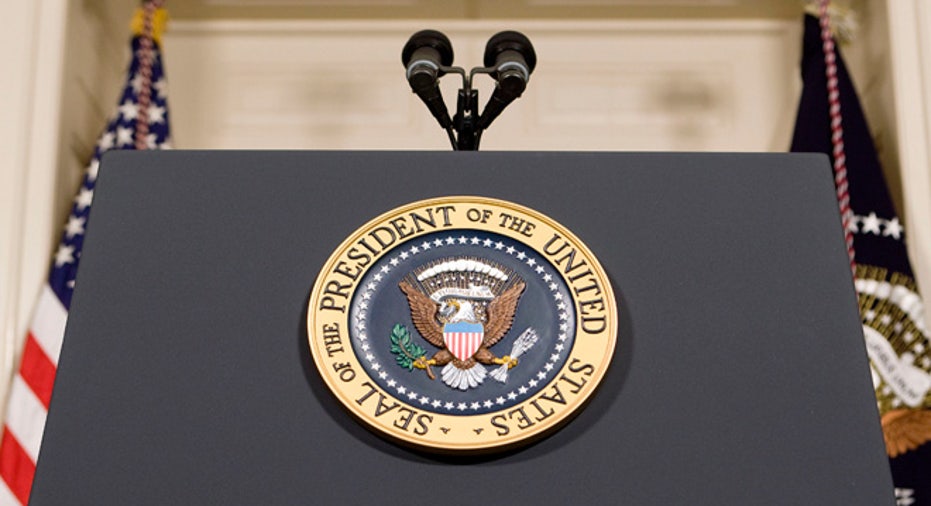Former U.S. President Carter Says He Has Cancer

Former U.S. President Jimmy Carter said on Wednesday that recent liver surgery revealed he had cancer that had spread to other parts of his body.
"I will be rearranging my schedule as necessary so I can undergo treatment by physicians at Emory Healthcare," Carter, 90, said in a statement. "A more complete public statement will be made when facts are known, possibly next week."
Carter, a Democrat, served as the 39th president from 1977 to 1981 after defeating Republican incumbent Gerald Ford. He was defeated for re-election in 1980 by Republican Ronald Reagan.
The Carter Center in Atlanta said last week that he had undergone elective surgery at Emory University Hospital to remove a small mass in his liver.
It added that the operation had proceeded without issues and that the prognosis was excellent for a full recovery.
Carter cut short a trip to Guyana in May after feeling unwell and returned to Georgia, where he served as governor and a state senator. He had traveled to the South American country to observe national elections. At the time, the center said only that Carter had departed after "not feeling well."
Republican Georgia Governor Nathan Deal and his wife issued a statement saying Carter was "in their prayers as he goes through treatment."
Carter received words of sympathy and encouragement via Twitter from former CNN host Larry King: "We go back many years. Stay strong Mr. President."
A Nobel Peace Prize winner and activist on a range of issues from global democracy to women and children's rights, as well as affordable housing, Carter published his latest book last month, titled "A Full Life: Reflections at Ninety."
In July, he gave a wide-ranging interview to Reuters Editor-at-Large Sir Harold Evans on his life from his childhood on a Georgia peanut farm to his presidency. (http://tmsnrt.rs/1f8BND2)
Carter recalled growing up in a home without running water or electricity, at a time when he said the daily wage was $1 for a man, 75 cents for a woman, and a loaf of bread cost 5 cents.
He said the civil rights movement led to important progress toward racial equality in the United States, but lamented "there's still a great prejudice in police forces against black people and obviously some remnants of extreme racism."
(Reporting by Letitia Stein in Tampa and David Adams in Miami; Additional reporting by David Beasley in Atlanta.; Writing by Peter Cooney; Editing by Sandra Maler and Lisa Shumaker)



















